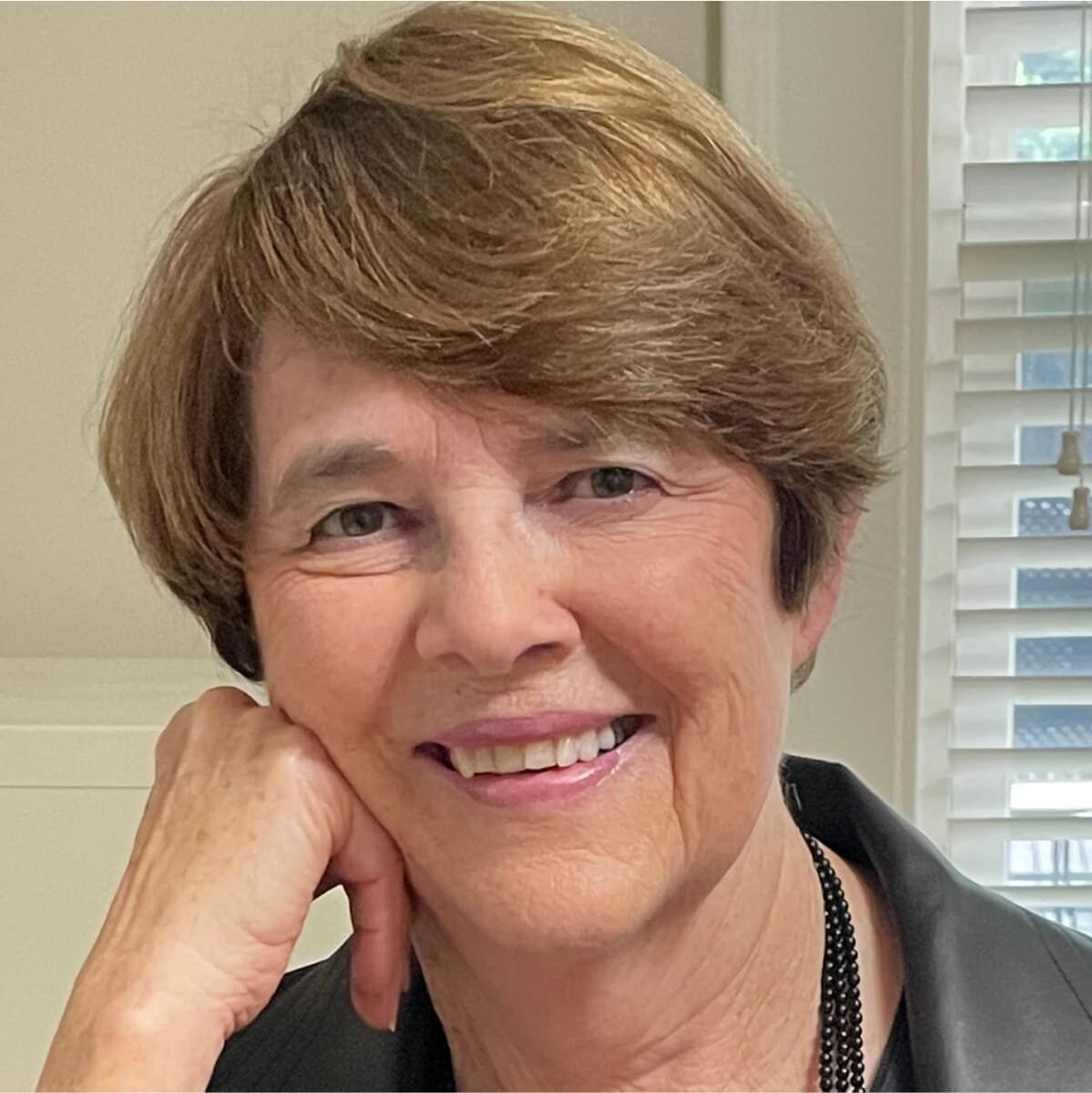
Silence Is Not the Answer
December 20, 2019
“I am 57 years old and I have not begun to get over that day of murder,” says Michael Fechter.
Fechter, who lives in California now, was a high-school classmate of Carlotta Hartness and Tommy Taylor, young teenagers who were randomly murdered in Columbia back in October 1977. Terrible violence was inflicted upon Carlotta.
I wrote last month about those killings, and about the awful and long-lasting grief that affects family members and friends who survive. Michael Fechter – formerly a comedy writer and touring comedian who worked with Robin Williams, Jerry Seinfeld, Rodney Dangerfield, Tim Allen, Jay Leno, Bill Maher, and Richard Pryor, among others – was one of dozens of people who responded to that column.
The responses – both to me personally and to Sherrerd Hartness, Carlotta’s older sister — were numerous and heartfelt. People have not forgotten. The unceasing gun violence that afflicts the United States today, moreover, leaves an ever-spiraling number of survivors like Sherrerd Hartness.
In meeting with her, I posed the question: Why, after 42 years of silence, did she decide to speak out about ways to help survivors? “I hope to help people understand a bit of how extremely painful and difficult it is to be a survivor,” Sherrerd said, “and I want to help people learn gentle and helpful ways to be a true support and friend to people like me.”
“Silence is not the answer,” a high school friend wrote after reading the earlier column. “We did not know what to say after the deaths of Tommy and Carlotta. You are helping us understand how to speak to survivors and how important it is to remember the person and not how they died.”
Frank Coker, a cousin in Charlotte, wrote: “Living through the most difficult parts of life enables us to speak to someone else who is going through the same thing. To let them know they are not alone, to let them hear someone describe the feelings they can’t yet put into words, and to see that it’s possible to make it through.”
Boo Major, the University of South Carolina’s equestrian coach, told Sherrerd: “…It takes someone like you who has really lived all this for so long and is breaking your silence about how to better help folks understand what is and isn’t comforting when such a tragedy strikes.”
Sherrerd’s elder son, Blake Hartness Patterson, wrote: “You are addressing something that is rarely part of normal discourse in society. Because most people never experience loss like the family of a murder victim does, they don’t know what to think or do if tragedy strikes in their neighborhood.
“Murder victim families are further marginalized and isolated because people in the world aren’t generally equipped to know…how to support, love, and care for murder-victim families. Society should be equipping to help in specialized ways, from a basic knowledge for all people down to specific policies and techniques for law enforcement/social services.
“Finally, building awareness about murder-victim family trauma and recovery is something that everyone can get behind, unlike the polarizing and hyper-partisan gun policy debate.”
Michael Fechter, the former comedy writer, said: “Not just one person dies in a murder, whole families are destroyed.” Carlotta’s and Tommy’s murders “changed the arc of my life,” added Fechter, who is now program director of a nonprofit organization in Monterey, California that helps homeless women.
His classmates’ murders, he said, made him “extraordinarily protective of young women.” The killings also made him “very afraid.” Remembering the Sandy Hook massacre of 20 young children at their elementary school in 2012, he and his wife don’t plan to send their 2-year-old daughter to a conventional school. “It’s not a chance I’m ready to take,” he said.
As for Sherrerd Hartness, she is heartened by the response to the earlier column. “Every comment has been encouraging and has given me more confidence to speak out,” she says. Accordingly, she has accepted an invitation from the University of South Carolina’s Department of Criminology and Criminal Justice to speak at a class on “Analyzing Homicide” in Spring 2020.
She has also spoken to Michael Fechter and a few other schoolmates who are researching the best ways to use their talents in order to shine a light on this important subject.
In the meantime, she thinks about what Fred Rogers (of “Mister Rogers’ Neighborhood” on public TV) once said: “Anything that is human is mentionable, and anything that is mentionable can be manageable.”
Post-script: Many readers have asked what happened to the men who killed Carlotta Hartness and Tommy Taylor. Two of the men were executed by the State of South Carolina, the first in 1985, the second in 1986. The third killer, who was a witness for the State, was sentenced to life in prison. He died there in 2003.

Jan Collins is a Columbia, South Carolina-based journalist, editor, and author. A former Nieman Fellow at Harvard and former Congressional Fellow in Washington, D. C., she is the coauthor of Next Steps: A Practical Guide to Planning for the Best Half of Your Life (Quill Driver Books, 2009).